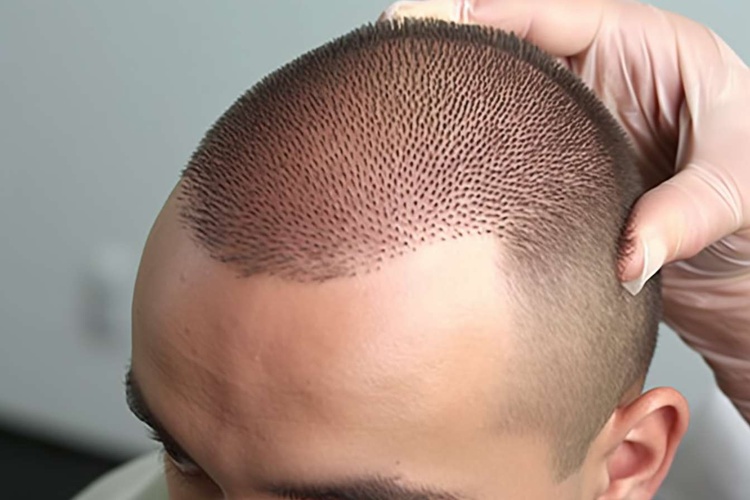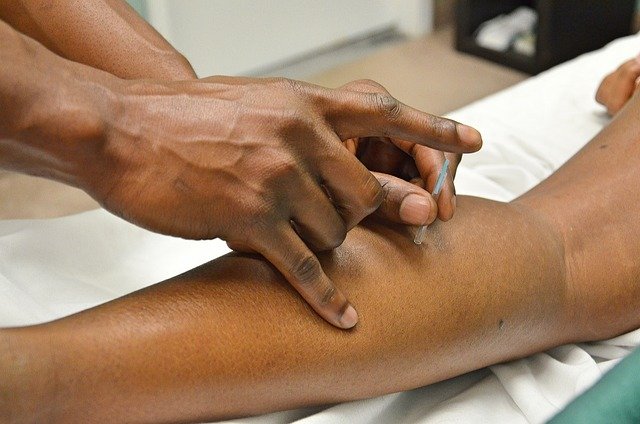Scalp Psoriasis Explained: Symptoms, Causes, and Relief Options
Scalp psoriasis is a chronic skin condition that can cause itching, flaking, and discomfort. In this article, we explore the key symptoms, possible causes, and treatment options that can help manage flare-ups and improve your quality of life without making exaggerated claims.

What are the common symptoms of scalp psoriasis?
Scalp psoriasis manifests in several distinct ways, making it crucial to recognize its symptoms for proper diagnosis and treatment. The most common signs include:
-
Red, scaly patches on the scalp
-
Intense itching and burning sensations
-
Dry, flaky skin that may resemble dandruff
-
Silvery-white scales that can extend beyond the hairline
-
Temporary hair loss in severe cases due to excessive scratching
These symptoms can vary in intensity and may come and go in cycles, known as flare-ups and remissions. It’s important to note that while scalp psoriasis shares some similarities with dandruff, it is a more severe condition requiring specialized treatment.
What triggers scalp psoriasis flare-ups?
Understanding the triggers of scalp psoriasis can help in managing the condition more effectively. While the exact cause remains unknown, several factors have been identified that may exacerbate symptoms or trigger flare-ups:
-
Stress: High stress levels can worsen psoriasis symptoms
-
Cold, dry weather: Winter months often see an increase in flare-ups
-
Certain medications: Beta-blockers, lithium, and some antimalarial drugs
-
Skin injuries: Cuts, scrapes, or sunburns can trigger new psoriasis patches
-
Infections: Strep throat and other infections may trigger outbreaks
-
Alcohol consumption and smoking: Both can increase the risk and severity of psoriasis
-
Hormonal changes: Particularly in women during puberty, pregnancy, and menopause
Identifying personal triggers can be an essential step in managing the condition and reducing the frequency of flare-ups.
What are the most effective treatment options for scalp psoriasis?
Treatment for scalp psoriasis typically involves a combination of approaches, tailored to the severity of the condition and individual patient needs. Some of the most effective options include:
-
Topical corticosteroids: These anti-inflammatory medications can reduce itching and inflammation
-
Vitamin D analogs: Calcipotriene and other similar compounds can slow skin cell growth
-
Coal tar: Available in shampoos and other formulations, it can help reduce scaling and itching
-
Salicylic acid: This helps soften and remove scales, making other treatments more effective
-
Light therapy: Controlled exposure to UVB light can slow skin cell turnover
-
Systemic medications: For severe cases, oral or injectable drugs may be prescribed
It’s crucial to work closely with a dermatologist to find the most suitable treatment plan, as what works for one person may not be as effective for another.
How can you manage scalp psoriasis flare-ups at home?
While professional medical treatment is often necessary, there are several strategies you can employ at home to manage scalp psoriasis and reduce discomfort:
-
Use medicated shampoos: Look for products containing coal tar, salicylic acid, or ketoconazole
-
Apply moisturizing treatments: Coconut oil or olive oil can help soften scales and reduce itching
-
Avoid hot showers: Use lukewarm water to prevent irritation and dryness
-
Limit hair styling: Reduce the use of heat styling tools and harsh chemical treatments
-
Practice stress-reduction techniques: Try meditation, yoga, or deep breathing exercises
-
Maintain a healthy diet: Some people find relief by avoiding certain trigger foods
In the United States, many patients have found success in combining these home remedies with prescribed treatments, leading to better management of their scalp psoriasis symptoms.
Which scalp psoriasis treatments are most commonly prescribed by dermatologists?
Dermatologists in the United States often prescribe a range of treatments for scalp psoriasis, depending on the severity and individual patient factors. Here’s a comparison of some commonly prescribed options:
| Treatment | Type | Key Benefits | Typical Cost Range |
|---|---|---|---|
| Clobetasol (Clobex) | Topical steroid | Powerful anti-inflammatory | $30 - $300 per month |
| Calcipotriene (Dovonex) | Vitamin D analog | Slows skin cell growth | $100 - $500 per month |
| Tazarotene (Tazorac) | Retinoid | Normalizes skin cell development | $200 - $600 per month |
| Methotrexate | Systemic medication | Suppresses immune system | $10 - $1000 per month |
| Biologics (e.g., Humira, Enbrel) | Injectable | Targets specific immune pathways | $2000 - $5000 per month |
Prices, rates, or cost estimates mentioned in this article are based on the latest available information but may change over time. Independent research is advised before making financial decisions.
It’s important to note that insurance coverage can significantly impact out-of-pocket costs for these treatments. Patients should discuss both efficacy and affordability with their healthcare providers to find the most suitable option.
How can long-term management of scalp psoriasis be achieved?
Long-term management of scalp psoriasis requires a multifaceted approach that combines medical treatment with lifestyle modifications. Key strategies include:
-
Adhering to prescribed treatment regimens
-
Regular follow-ups with a dermatologist to adjust treatments as needed
-
Identifying and avoiding personal triggers
-
Maintaining a healthy lifestyle with a balanced diet and regular exercise
-
Using gentle hair care products and avoiding harsh chemicals
-
Joining support groups or seeking counseling to address the psychological impact
By adopting a comprehensive management plan, many individuals with scalp psoriasis can achieve long periods of remission and improved quality of life.
In conclusion, while scalp psoriasis can be a challenging condition to live with, a variety of effective treatment options and management strategies are available. By working closely with healthcare providers and adopting a proactive approach to care, those affected by scalp psoriasis can find relief and regain confidence in their appearance and overall well-being.
This article is for informational purposes only and should not be considered medical advice. Please consult a qualified healthcare professional for personalized guidance and treatment.




